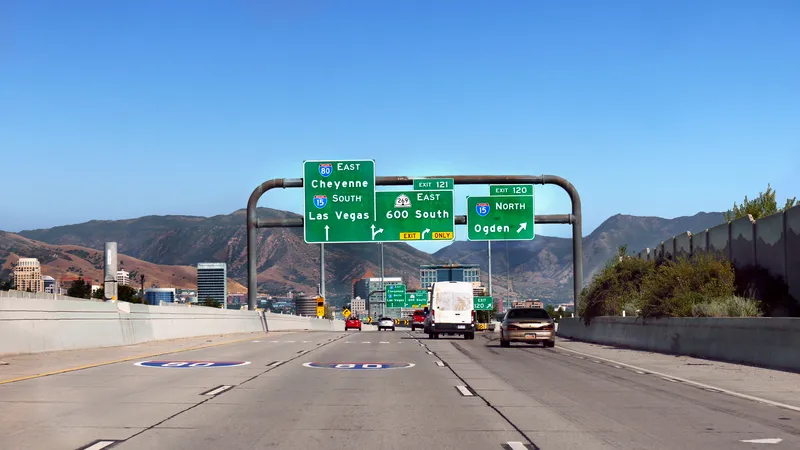Germany's transportation minister, Alexander Dobrindt, has unveiled plans to introduce a toll on cars using the country's roads. However, it is not clear whether the proposal will meet with the approval of the EU.
Germany has imposed a toll on trucks using its autobahns and other major thoroughfares since the start of 2005; the new toll would apply to all cars using all roads in Germany from the beginning of 2016 and could even extend to motorcycles. Dobrint said experts at the Transportation Ministry had calculated that the measure could generate about $815 million of extra revenue, to be invested in the maintenance and construction of Germany's roads.
The minister said that, if implemented, the new road toll would correct what he described as a ‘fairness gap’, an apparent reference to the fact that German drivers have to pay road tolls when driving in neighbouring countries such as Austria, Switzerland and the Czech Republic. Currently drivers from those countries have to pay no such toll in Germany.
He also said that for German drivers, the road toll would be revenue neutral, with people whose cars are registered in the country receiving a rebate on the tax that they already pay.
Dobrindt insisted that the proposal complied with European law and said that his ministry would work closely and in cooperation with EU officials to ensure that the actual bill being drafted would do the same. The
"Non-discrimination is a basic principle of EU law," a spokeswoman for Kallas said before Dobrindt had unveiled his plans. "We have to see the details," she said.
Austria has already announced that it would push the EU to stop Germany from implementing Dobrindt's plan. Austrian transportation minister Doris Bures said she would ‘use all legal means’ to prevent what she described as an act of discrimination against her country's drivers.
Germany unveils plan to introduce car tolls
Germany's transportation minister, Alexander Dobrindt, has unveiled plans to introduce a toll on cars using the country's roads. However, it is not clear whether the proposal will meet with the approval of the EU.
Germany has imposed a toll on trucks using its autobahns and other major thoroughfares since the start of 2005; the new toll would apply to all cars using all roads in Germany from the beginning of 2016 and could even extend to motorcycles. Dobrint said experts at the Transportation Ministry ha
August 11, 2014
Read time: 2 mins









